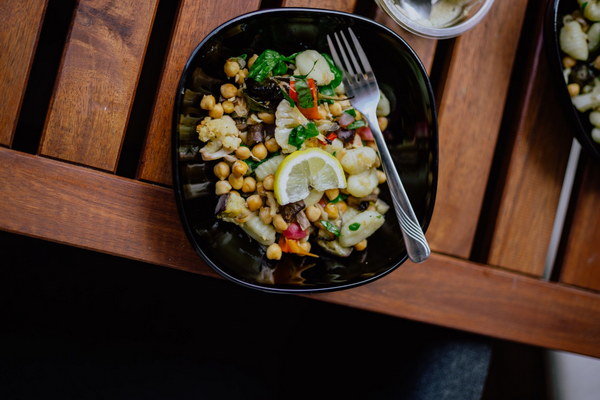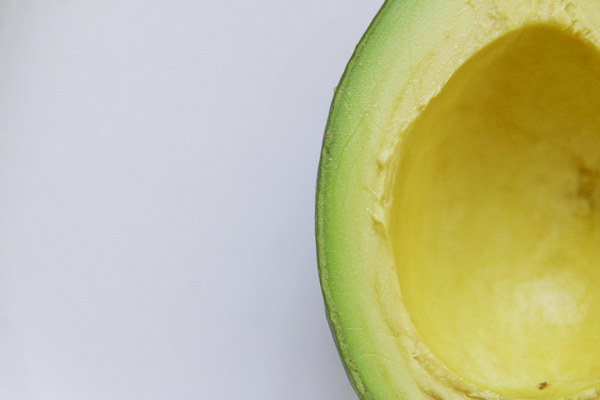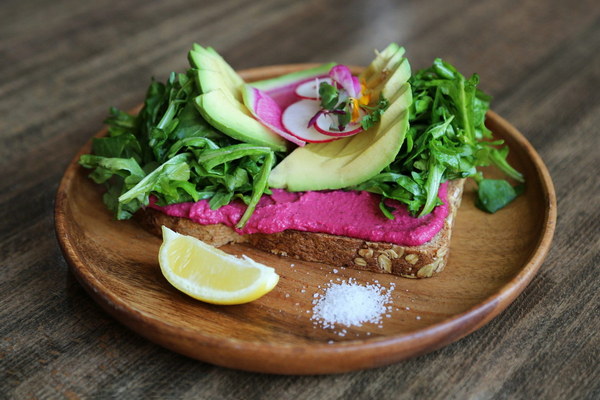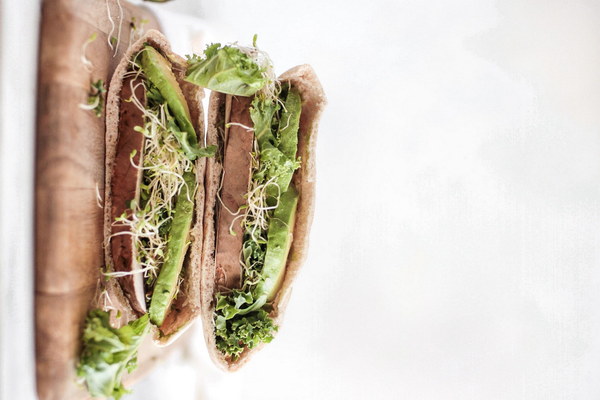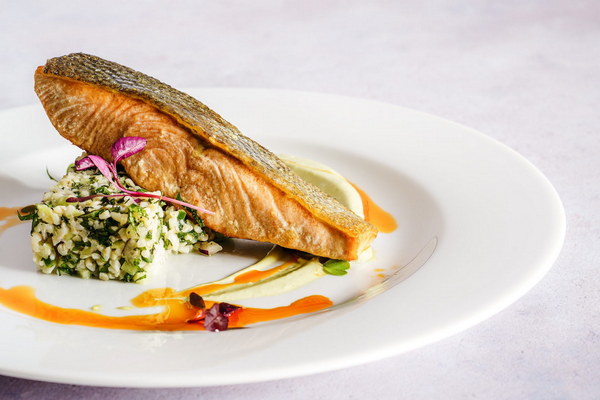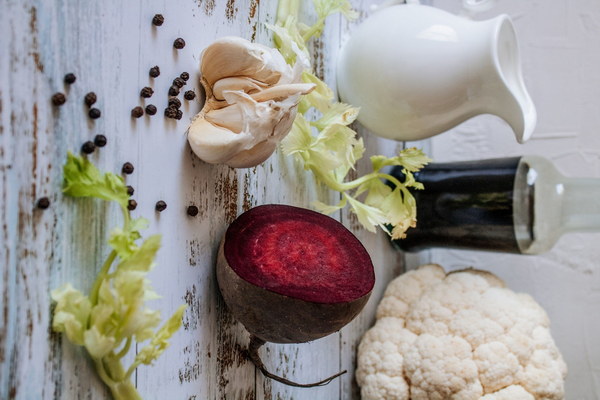The Science Behind Brew How to Infuse Your Tea for Optimal Health Benefits
In the realm of tea consumption, the age-old question often arises: should you brew your tea with warm water or hot water? Both methods have their own merits and can significantly impact the health benefits you derive from your favorite herbal blends. Let’s delve into the science behind this brewing debate to help you make an informed choice.
Warm Water Brew
Warm water brewing has gained popularity among tea enthusiasts who appreciate its milder flavor and gentler extraction process. When using warm water, the temperature is typically around 100-120 degrees Fahrenheit (38-49 degrees Celsius). This method is particularly beneficial for delicate teas like green, white, and oolong, which are prone to burning or losing their delicate flavors at higher temperatures.
The lower temperature in warm water brewing helps to preserve the delicate aromatic compounds and polyphenols present in these teas. This preservation ensures that you can savor the subtle flavors and health benefits that these teas offer, such as improved digestion, stress relief, and immune system support.
Furthermore, warm water brewing is a more eco-friendly option as it requires less energy to heat the water compared to boiling it. This not only saves resources but also reduces your carbon footprint.
Hot Water Brew
On the other hand, hot water brewing is the traditional method favored by many tea lovers. Hot water temperatures usually range from 160-212 degrees Fahrenheit (70-100 degrees Celsius). This higher temperature allows for a more robust extraction of flavor and health benefits, making it an excellent choice for black and herbal teas.
The intense heat in hot water brewing breaks down the cell walls of tea leaves, releasing a greater concentration of antioxidants, polyphenols, and other beneficial compounds. These compounds are responsible for various health benefits, such as reducing inflammation, boosting heart health, and providing a natural energy boost.
Moreover, the robust flavor profile of hot-brewed teas is perfect for those who enjoy the bold and full-bodied taste of black tea or herbal infusions. It is also a great way to enjoy the comforting warmth that a hot cup of tea can provide during cold weather.
Finding the Perfect Balance
Ultimately, the choice between warm and hot water brewing depends on your personal preferences and the type of tea you are preparing. Here are some general guidelines to help you decide:
- Delicate Teas: Opt for warm water brewing to preserve the delicate flavors and health benefits of green, white, and oolong teas.
- Robust Teas: Use hot water to extract the full flavor and health benefits of black, herbal, and pu-erh teas.
- Personal Preferences: If you enjoy the subtle taste of warm water-brewed teas, go for it. If you prefer the bold taste of hot water-brewed teas, then stick to that method.
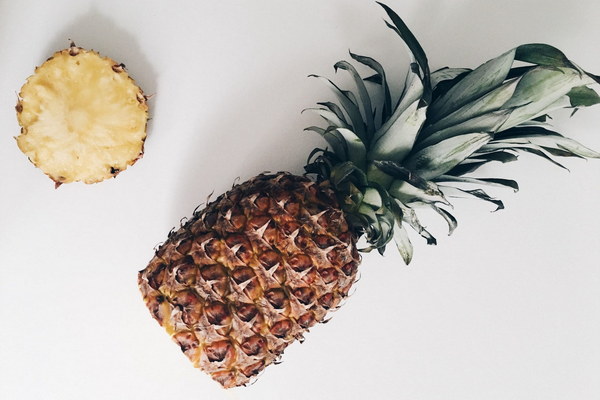
Remember that the quality of the tea leaves and the brewing time also play a significant role in determining the final flavor and health benefits. Experiment with different brewing temperatures and times to find the perfect balance for your taste and health needs.
In conclusion, the debate between warm and hot water brewing is a matter of personal preference and the type of tea you are preparing. By understanding the science behind each method, you can make an informed decision to enhance the health benefits and flavor profile of your favorite herbal teas. So, go ahead and brew your tea just the way you like it, and enjoy the journey to wellness through a steaming cup of tea!



